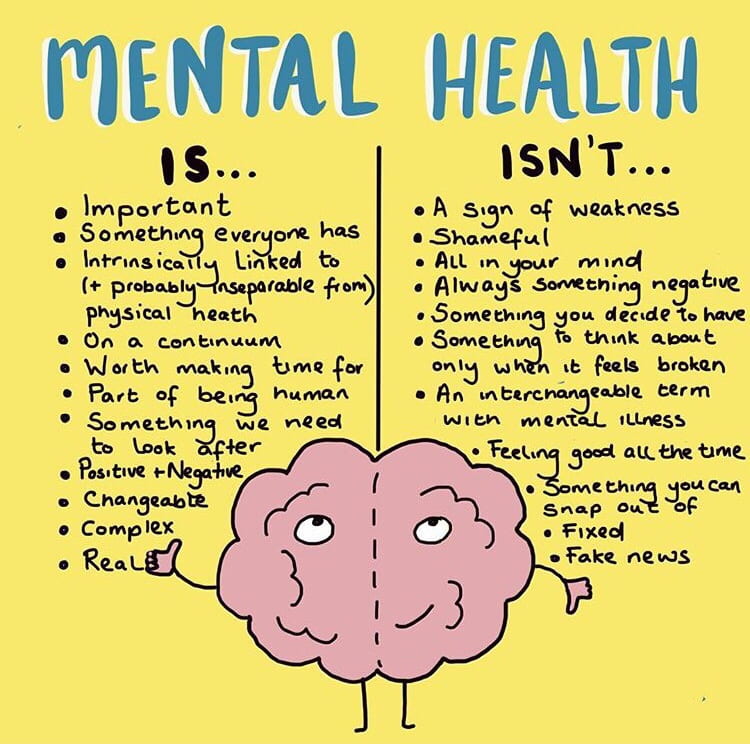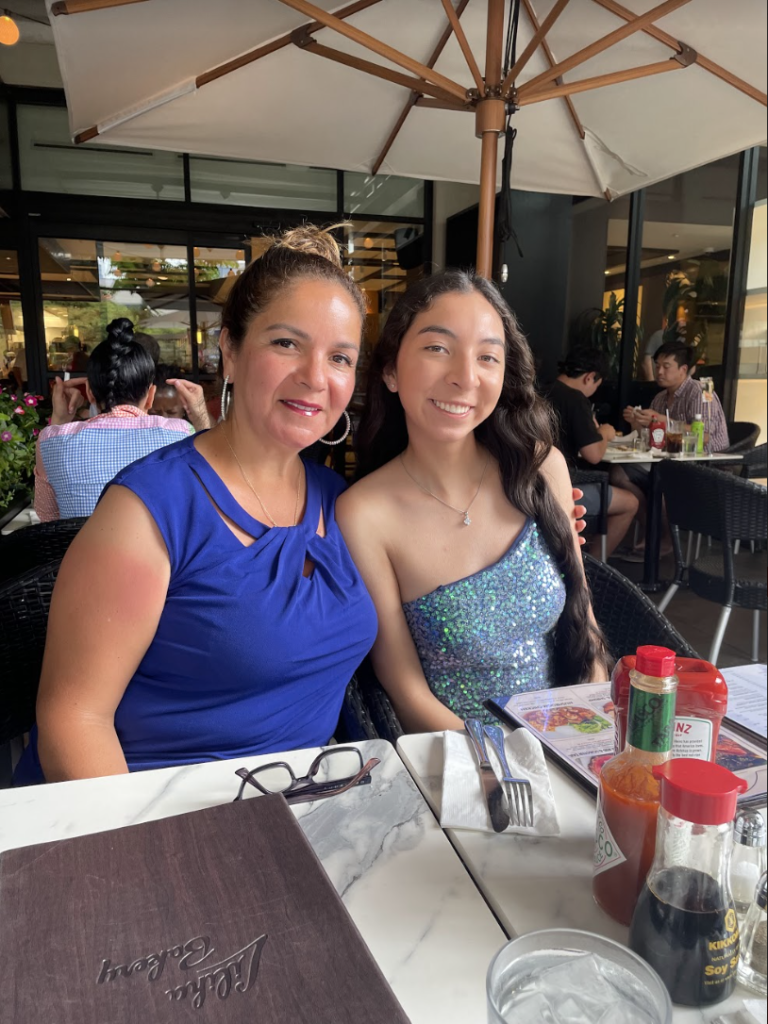Growing up, worries constantly filled my mind. I was always overthinking the smallest actions and was constantly concerned about forgetting a belonging at home. Even as young as elementary school, after ensuring to pack all my school work and supplies into my backpack, I would check my bag once or twice more on the ride to school so I did not forget my homework.

These worries progressed into high school. However, they shifted to excessive worrying about grades and upcoming tests, the need to have every assignment “perfected,” the fear of failure, and uncontrollable negative thoughts. It was not until seeing videos of therapists online and doing my own research that I recognized these worries may actually be anxiety.
I never considered therapy as something that I could have access to. In the past, I thought that an individual only needed therapy if they experienced great severity with their mental illness. My family, although we are close-knit, did not have open discussions about our feelings or emotions. Before I had the courage to ask my parents if therapy could be an option for my anxiety, my older sister signed herself up for therapy at the beginning of 2021. My mom’s response was that therapy is only for people experiencing more burdensome issues than her. But, because my sister is an adult, my mom knew she could not prevent her from going.
I could not comprehend why my mom disagreed with my desire to seek mental health assistance. She would simply reply by saying, “You don’t need therapy.” She never expressed her truth until I sat her down one day before school to have a vulnerable conversation about my unhealthy mental state.
In the Latinx community, there are many stigmas surrounding mental health and therapy. Some of these stigmas include believing that only “crazy” people go to therapy, assuming therapy shows a person is “weak,” thinking that mental health problems are just “in your head,” and concluding that one’s problems are not “valid enough” to seek help. My mom, who is part of a hardworking, Latino family, adhered to these same thoughts. She also gathered that it was not possible for her daughters to struggle with their mental health because, in comparison to her upbringing, she endured much more difficult challenges, both financially and emotionally, in an immigrant family from Mexico.
I sympathized with my mom’s perspective, although it left me feeling guilty that my problems were not as severe as hers, and that she never got mental health support. I also understood why she was hesitant about mental health services. It was not simple conveying to her the true meaning of therapy and why I felt I needed support for my mental health. It put me in an unfamiliar vulnerable position, but I knew there was a need for this conversation to take place. I expressed that seeking mental health services demonstrates one’s strength as they communicate their need for help. Therapy takes a deeper look into examining the mental health challenges an individual faces, validates one’s emotions, and assists in understanding their feelings to actively work towards resolving their concerns. After discussing with my mom, although still uncertain, she agreed she would try contacting my doctor to look into connecting me with a therapist.

My first therapy appointment was in May of 2021. On that first day, I learned through my streams of tears how conditioned I was to present on the outside that I was emotionally okay. As I reflect back, I recognize that it partially derives from the Latinx culture that strives to present a strong image of one’s self without any “weaknesses.” Our community is extremely hard-working and empowering. I admire each person who strives to uphold the strength we embrace, but I also realize it creates an unrealistic standard that prioritizes the satisfaction of the outside image and neglects the internal need. It is understandable why some Latinos consider taking a break from work and tasks or seeking assistance as being “lazy” or “sensitive.” However, resting and reaching for help are healthy and needed.
The negative views of mental health have to be redirected for the generational mold to break. Change begins when we voice our perspectives on an issue or challenge we see in our community. To break this cycle of stigmas specifically in the Latinx community, it is crucial for both sides to understand and have empathy for one another. The first step can be an open conversation about what mental health is. Although it is not easy to initiate a discussion, it shifts the topic of mental health from “taboo” to routine. The practice of speaking about mental health and wellness–as I have seen with my mom as she has become more open to therapy–aids in ending a repeated cycle of stigmas and creating a new generational cycle that prioritizes mental health and acknowledges it is normal to seek help.

Mental Health Resources
- Suicide and Crisis lifeline: Text or call the number 988
- Crisis text line: Text the number 741741 for free 24/7 support
- Free online chat or text therapy from BetterHelp
- Free to low-cost mental health services at allcove
